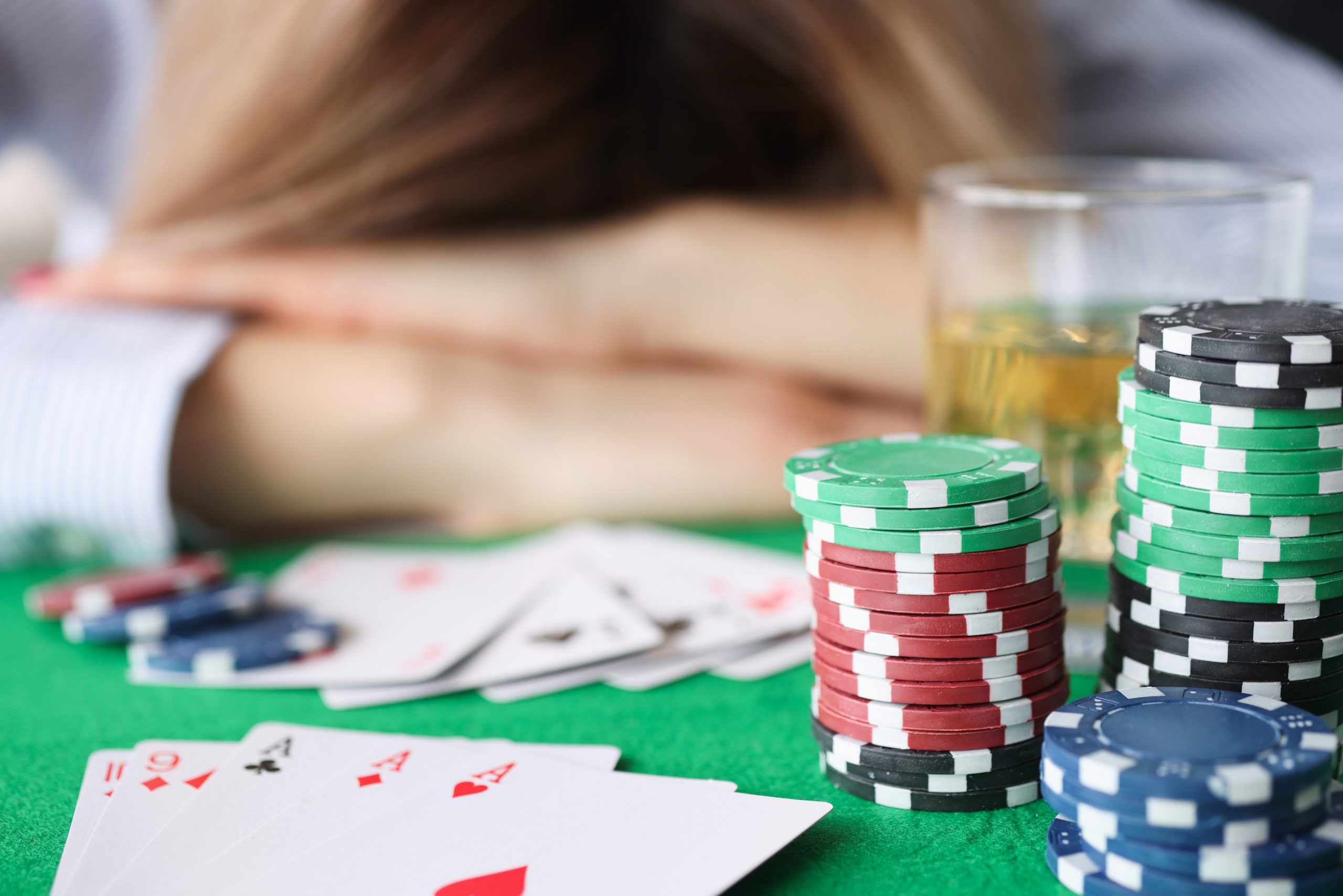If you Googled the subject of anxiety/worry and this blog popped up, then my guess would be that you experience anxiety (on some level) and/or have a relationship with someone in your life who does.
And that wouldn’t surprise me. Anxiety is higher now than ever.
In the last year, we, as a society, have had more to contend with than, perhaps, ever in our lifetime.
Obviously, there have been tragic and scary isolated events in our history, but 2020 was different. We were ALL impacted by the global pandemic, race relations, politics and the list goes on.
While anxiety is built into the brain and body to survive — going back to primitive times — we have never had to face or experience all things related to lockdown-life.
Our brains just didn’t have a lot of information to work with!
When the pandemic was becoming more and more real, our instinctual “fight or flight” response (which can’t distinguish between a lion’s roar and the excessive notifications that come into our phone) had nowhere to go.
All of it is stressful.
So worrying, around the world, took on a whole new level. People found themselves constantly obsessed with their:
- physical health
- family’s health
- job security
- mental health
- country’s economic stability
- country’s political stability
But! Worrying is an addictive behavior that worsens anxiety.
Now, if you think about addictions…
- gambling
- social media
- alcohol
- eating disorders
…they provide a temporary escape from a (usually negative) feeling.
However — and here’s the interesting thing — that escape is triggered by a reward. Even if it’s short-term.
Picture it: It’s nighttime and everyone has just gone to bed. That might be your trigger to act on the habit of heading to the pantry and proceeding to eat a carton full of cookies.
Sure, you know there’s bad implications from eating those cookies every single night — but there’s some reward in it for you, too.
Or — you wouldn’t do it.
So, if you want to understand your own anxiety, a great place to start is by looking at what scenario triggers your worry and, then, identify the reward.
In the episode of The Chalene Show below, I provide strategies for taking that behavior (trigger) and substituting it with a different type of mental activity.
One that actually serves you and reduces your anxiety and addiction to worry.
Also, I’ll share a super important question to ask yourself during those moments you catch anxiety kicking in. So, listen with pen & paper so that you can keep this question with you at all times.
I promise, if you have anxiety and have been told things like…
- Don’t worry!
- Just discipline yourself!
- You’ve got to develop a positive mindset!
…then this episode is a MUST-LISTEN!
And don’t forget to subscribe to TCS for weekly shows dedicated to your overall happiness, good health and productivity!




